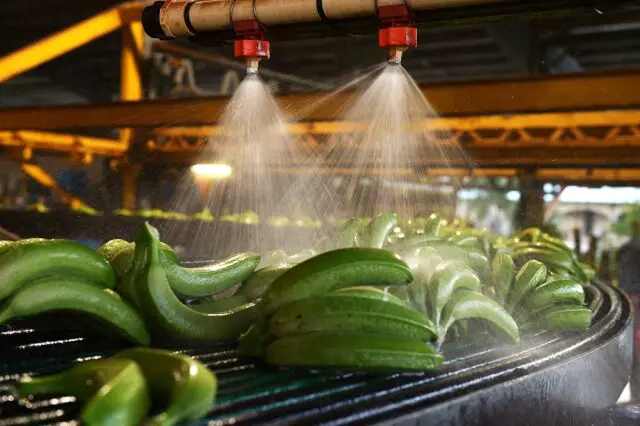A scientific project with Costa Rican technology is ready to travel to space at the end of November. The objective is to find solutions against “Panama Disease“, a disease that affects banana plantations due to a fungus.

The “Musa Project” – as it is known – consists of a suborbital flight and represents the second space mission developed in the country by the Technological Institute of Costa Rica (TEC), in collaboration with private companies and other organizations, including a Costa Rican company composed of students from that house of education.
The device will take off from the Esrange spaceport in Sweden and in the experiment the fungus “Fusarium oxysporum” will be sent as a natural antagonist or biocontroller of “Trichoderma Harzianum”, to later be studied on earth. And it is that “Panama Disease” puts the global banana industry at risk, which is estimated at $8 billion annually.
Relevant for the global fight against “Panama Disease”
“Investigating the characteristics of the fungus would be relevant for the global fight against “Panama Disease”, it is a novel approach that would open the way to an innovative solution to the problem that has afflicted the banana sector for more than 70 years,” said Carlos Rodríguez, chief operating officer of Orbital Space Technologies (OST).
The research is possible thanks to an agreement between OST, the TEC and the Central American Association of Aeronautics and Space (ACAE). Orbital Space Technologies (OST), is a pioneering company at the Central American level in the aerospace area and is made up of students from TEC and other universities who lead the experiment.
“We are a company made up of young people, mostly women, which is something important to highlight and generate a more diverse and broad knowledge,” said Valeria Dittel Tortós, CEO of Orbital Space Technologies.
Bringing science to the region
The goal is to bring science to the region and to develop space research here, taking advantage of all the opportunities and strengths we have to add value to the industry, added Dittel.
“For the Space Systems Laboratory, this project is important, because it is the first time that a private company from Costa Rica, which is OST, fully develops and implements a space experiment for a suborbital flight advised by TEC,” said Johan Carvajal of the SETEC-Lab.

For those who have experienced shifts in consciousness and know that more peace, joy, and love awaits in a better living environment. A bold shared vision. A living community and hub for innovation. A sustainable ecosystem for living and working. A model for the new future.
